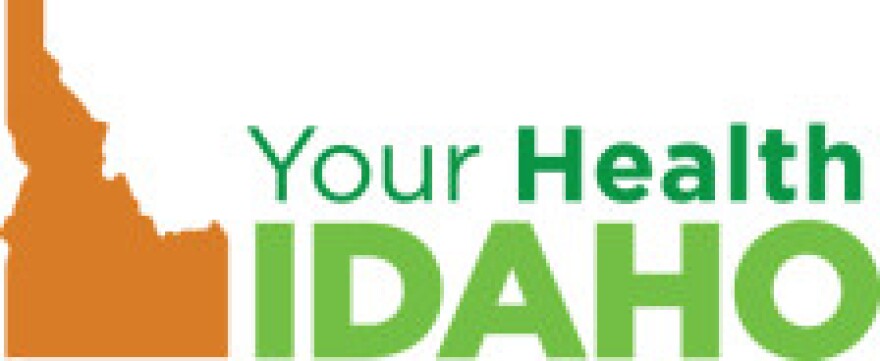Board members of the Idaho health insurance exchange said Tuesday that they will keep secret the findings of a $15,000 taxpayer-funded investigation into how one of its own members won a lucrative no-bid contract.
Your Health Idaho board chairman Stephen Weeg said the two-week-long review by a private lawyer uncovered "lapses in judgment," though nothing illegal. Exchange executive director Amy Dowd last month awarded a technology contract worth up to $375,000 to board member Frank Chan, who quit the same day the contract was announced.
Dowd gave Chan the contract without advertising it or allowing others to compete. It was later canceled after House Speaker Scott Bedke, R-Oakley, joined critics who called Dowd's deal with an exchange insider "indefensible."
Dowd said Tuesday that she thinks the review's recommendations will help and is looking forward to moving ahead.
Meanwhile, Boise lawyer Frederick Mack was hired to scrutinize the deal. He presented his report Tuesday during a three-hour, closed-door exchange board meeting at the Idaho Capitol.
"The key finding was: We violated no law, that lapses of judgment were made around the procurement policy and conflict-of-interest policy," Weeg said following the meeting. "He had recommendations for us to move forward as an organization."
However, Weeg said the public will never be able to see Mack's recommendations or findings.
"It deals with personnel, and it's done under attorney-client privilege," said Weeg, a retired Pocatello health care industry executive who heads up the volunteer board. He declined to detail the judgment lapses Mack found or who committed them.
"I'm not going to talk about that," Weeg said. "The key is, how do we move forward, rather than how do we point fingers. ... Sure, we stumbled. But we want to minimize the number of stumbles."
Idaho's online exchange is part of President Barack Obama's program to provide federally subsidized health insurance to more Americans.
Like exchanges across the country, Idaho's version has struggled to enroll participants, in part because of frustrating glitches in the federal software system seen since its launch on Oct. 1.
The $180-per-hour deal Dowd struck with Chan on Oct. 16 was to oversee Idaho's effort to replace the federal software with a program of its own. The deal came without board approval.
Chan quit the board and his contract was canceled, but the 18-member panel curtailed Dowd's powers to award contracts without its approval. The board also updated rules preventing members like Chan from capitalizing on their ties to win exchange-related work.
Despite these distractions, Dowd said Tuesday that she doesn't believe they have delayed the goal of having Idaho's in-house enrollment system completed by next October.
To complete that project, Idaho aims to use a pending $50 million federal grant, on top of a $20 million grant the exchange has already received.
"There hasn't been any delay to our technology procurement," Dowd said, adding that she believes Mack's undisclosed recommendations will help staff and board members make good decisions in the future. "I'm very much looking forward to focusing all of our attention now on moving ahead."
As that happens, Dowd, who earns $175,000 annually for her role heading the exchange, will be subject to additional scrutiny.
That's after exchange board members on Tuesday created a new "personnel committee" that, among other things, plans to address questions like appropriate compensation.
Much of this new committee's work, like Mack's investigation, will be also kept from public view, Weeg said, given the board's need to protect employee confidentiality.




